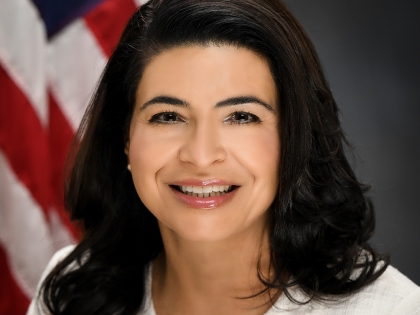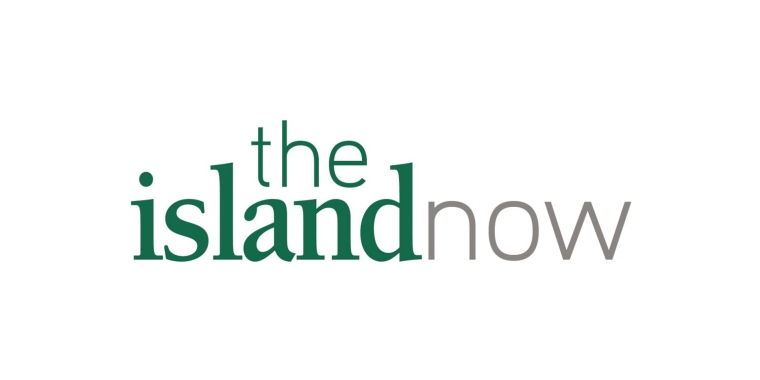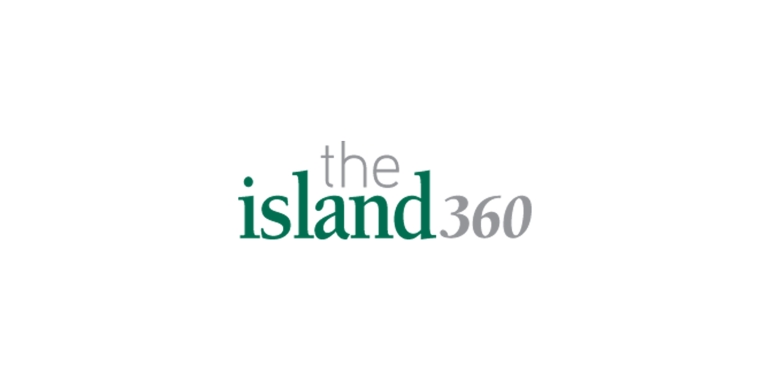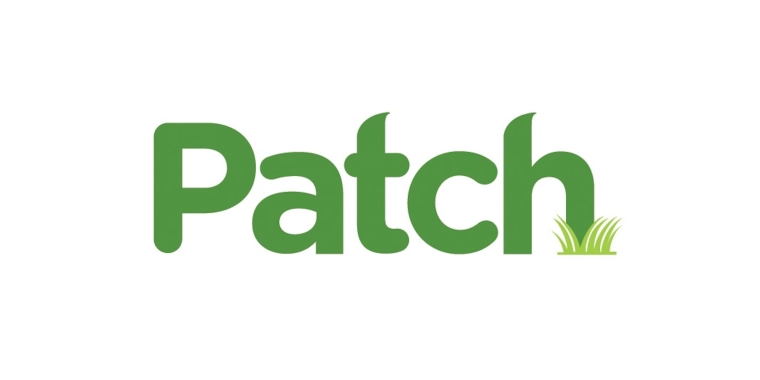
Schumer says bill will help school districts, governments combat cyberattacks


Senate Majority Leader Chuck Schumer announced that recently passed legislation includes money to help school districts across Long Island prevent cyberattacks.
During a news conference at the Manhasset Secondary School last week, Schumer said the Bipartisan Infrastructure Bill authorizes $1 billion for cybersecurity aid to state and local governments over the next four years. A quarter of the funds, Schumer noted, are dedicated to vulnerable areas such as Long Island.
“This work costs a ton of money, and it is a relatively new expense that no district should have to foot alone,” Schumer said. “This problem of cyberattacks, hackers and the ransomware they traffic is nails on the chalkboard for our schools, but today, we come with news of relief to the tune of $1 billion dollars in federal funds that’s not only needed, but long overdue.”
The legislation will also fund the establishment of a new office to develop a strategy to combat cyberattacks and enhance the response to larger-scale hacks.
The Manhasset school district was a victim of a cyberattack when hackers posted sensitive information to the dark web during a September ransomware attack that left the district without Wi-Fi for days.
“The infusion of federal money will assist school districts like ours, so that we may maintain our focus on educating our students,” Manhasset’s acting superintendent of schools, Gaurav Passi, said.
Files posted on the dark web included documentation of disciplinary actions, general staff information and financial records. Also posted online were files containing Social Security numbers, driver’s licenses, passports, student grades and home addresses. In a previous email, the district committed to providing complimentary credit monitoring for affected individuals.
Several weeks ago, Passi said the district has sought an outside vendor, through its insurance company, to complete the data mining process so it can review the files the hackers obtained.
Individuals whose information was obtained by the hackers during the September ransomware attack will be notified by the district, according to Passi.
“The intrusion into our network was deep, the files stolen were voluminous, and some files contain sensitive information regarding certain students or staff,” Passi wrote in a previous email to the district. “We share your outrage about this invasion of privacy.”
Cybersecurity experts said the district’s ransomware attack is not an isolated incident, as universities and school districts have become targets for extortion.
“What we’re actually noticing in research is that there is a business cycle starting to emerge with this,” said Scott Jeffreys, associate professor of computer science at Hofstra University. “Right now is a very hot time for cybercriminals to be launching these kinds of spear phishing attacks against organizations.”
The attack against Manhasset was one of several that have affected school districts on the North Shore over the past few years. In August 2019, Mineola School District Superintendent Michael Nagler said the district was also the victim of a cyberattack, but no sensitive data was compromised.
Nagler said that a malware attack did not compromise the system that hosted “sensitive information.” It was a Windows-based virus and was not able to compromise Apple computers, Nagler said.
The “ransomware” encrypted all data on the network and locked all employees out and in order to get back in the district would have to pay a ransom. Nagler said the district did not entertain paying ransom.
In December 2020, the North Shore Hebrew Academy’s website was also the victim of a hack that featured antisemitic images, messages and songs.
Screenshots of the website were then posted with antisemitic messages with slurs above a notification that the website was under construction. In the website’s “About Us” tab, there were pictures of Nazi soldiers holding up swastikas and referring to the school as the “North Shore Concentration Camp.”
The tab also featured a profile on Adolf Hitler and outlined “field trips” the students would take to Auschwitz. The post said that students would have to “walk into an SS office and declare themselves as Jews,” and listed the deadline for the application as “January 1945.”
State Sen. Anna Kaplan (D-North Hills), who attended the news conference last week, praised Schumer for helping fund efforts by school districts and local governments to combat cyberattacks and said the legislation will be effective.
“Thanks to the bipartisan infrastructure bill that Senator Schumer fought for, and was just signed into law by President Biden, we’re now going to have a national strategy to combat cyberattacks to prevent them from happening in the first place, and we will have the resources we need to help victims recover from attacks,” Kaplan said.
“Our Long Island schools need grade-A help from the feds to fend off these looming threats and cyberattacks – now, they’ll get it,” Schumer said.



